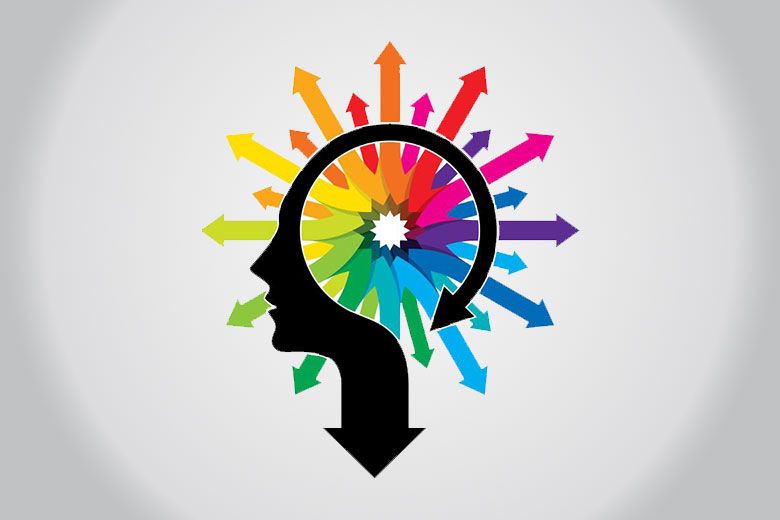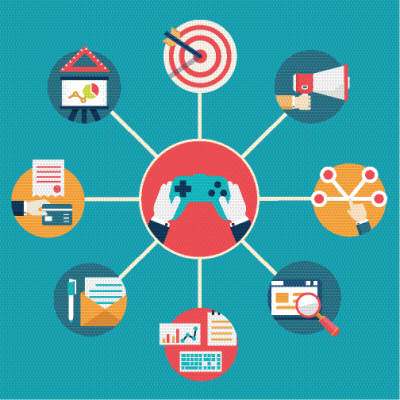Home
Fall 2023 Dr. Harman has accepted a position as Associate Profesor of Cognitive and Learning Science at Michigan Technologiacl University!
Under the direction of Jason L. Harman, Ph.D., the Judgment, Decision-Making, and Organizational Behavior Lab (JOBlab) researches the theoretical, social, and cognitive foundations of human decision-making applied to the real world using behavioral research and computational modeling.
News
Dr. Harman will be giving an invited address at the Midwestern Psychological Association's 2023 meeting. https://midwesternpsych.org/
Dr. Harman presented his recent work "Multi-Criteria Comparison as a Method of Advancing Knowledge-Guided Machine Learning." at the Association for the Advancment of Artificial Intellegence (AAAI) fall symposium on Knowledge Guided Machine Learning. https://sites.google.com/vt.edu/kgml-aaai-22/home
Dr. Harman and collaborators have published in new paper in the Nature journal Scientific Reports. "Interpreting time-series COVID data: reasoning biases, risk perception, and support for public health measures." shows that common methods for communicating COVID-19 risk lead to a reasoning bias in which people feel less risk at the very point when risk is highest. They also test multiple interventions with only one leading to suffucuent debiasing. https://rdcu.be/cq9AU
Dr. Harman has been awarded an ATLAS grant from the Louisiana Board of Regents. The project, titled "Multi-criteria model comparison as a general quantitative scientific method”, will extned and promote his new quantitative procedure of model comparison to the fields of machine learning/artificial intelegence, public policy, bioethics, personnel selection, and medicine/public health.
Dr. Harman and collaborators have published a manuscript in Psychological Review that outlines a new quantitative procedure for compairing predictive modles. Written for scientific competitions, the procedure has applications to Computer Science, Public Policy, and Management fields among others. Preprint
Current Research Topics:
 In changing, dynamic environments, people must often make multiple, interdependent
decisions in real time, while tracking external changes and the results of their own
past decisions. At the JOBLab, we use cognitive computational models and laboratory
experiments to help explain and predict how people make such decisions. We also develop
recommendations for how people can make such decisions better.
In changing, dynamic environments, people must often make multiple, interdependent
decisions in real time, while tracking external changes and the results of their own
past decisions. At the JOBLab, we use cognitive computational models and laboratory
experiments to help explain and predict how people make such decisions. We also develop
recommendations for how people can make such decisions better.
The fields of Artificial Intelligence and Computer Science more generally use computationally complex algorithms to perform tasks in a way humans would but these algorithms have multiple inherent problems. At the JOBLab we collaborate with computer scientists working on computational social choice and automated recommendation systems to advance science and practice by incorporating the cognitive and heuristic building blocks of human judgment and decision making into computational models of AI.
At the JOBLab we apply basic decision science to real world domains such as; health, environmental decision making, Negotiation and Hiring, and police decision making.
 Gamification has become a popular method of assessment because it is more engaging
and can reduce careless responding or presentation bias (faking). At the JOBLab we
apply knowledge and methods from judgment and decision making to gamified assessment,
expanding the realm of assessment possible through gamification.
Gamification has become a popular method of assessment because it is more engaging
and can reduce careless responding or presentation bias (faking). At the JOBLab we
apply knowledge and methods from judgment and decision making to gamified assessment,
expanding the realm of assessment possible through gamification.
At the JOBLab we apply methods and insights from judgment and decision making to personnel selection to reduce bias in selection decisions at both the human and algorithmic level.